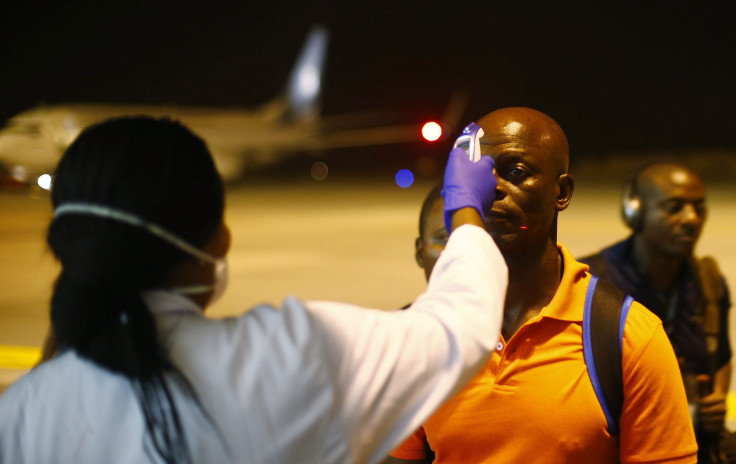Confirmed Monkeypox Cases Climb To 257; CDC Raises Travel Alert

The transmissions of the monkeypox virus have been growing in number since the global outbreak started. The World Health Organization (WHO) reported 257 confirmed cases in its latest update on the situation.
On Sunday, the WHO released a new update detailing that there are now 257 confirmed monkeypox cases and around 120 suspected cases in 23 countries where the virus is not endemic.
In African countries where the virus is commonly found, 1,365 cases and 69 deaths were reported in the latest update. The cases were documented from mid-December to late May in five nations, as per CNN.
So far, no death due to the monkeypox virus was reported in nonendemic countries. The United States has reported 12 cases in eight states as of Friday.
In response to the rising cases, the Centers for Disease Control and Prevention (CDC) revised its travel advisory from Level 1 to Level 2 for international travelers.
In its guidance, the CDC encouraged everyone to avoid close contact with sick people, especially those with skin and genital lesions. Everyone is also encouraged to avoid dead or live wild animals that may carry the virus.
The public health agency also warned against eating or preparing meat from wild animals and using products derived from African wild animals, including creams, lotions, and powders.
Although the risk to the general public is low, it is a must to seek immediate medical care once symptoms of the viral disease start to manifest, including skin rash, fever, and chills.
Monkeypox is not a sexually transmitted disease, but the virus can be passed through sexual intercourse, intimate contact, and shared beddings.
In a previous update, the CDC issued a warning, saying members of the LGBTQ community should take precautionary measures since they were found to be at a higher risk for monkeypox amid the global outbreak.
Scientists are still sequencing the genetic code of viral samples from the confirmed cases to determine the origins of the crisis. Preliminary data seemingly confirmed that the genomes belonged to the West African strains of the virus.



























